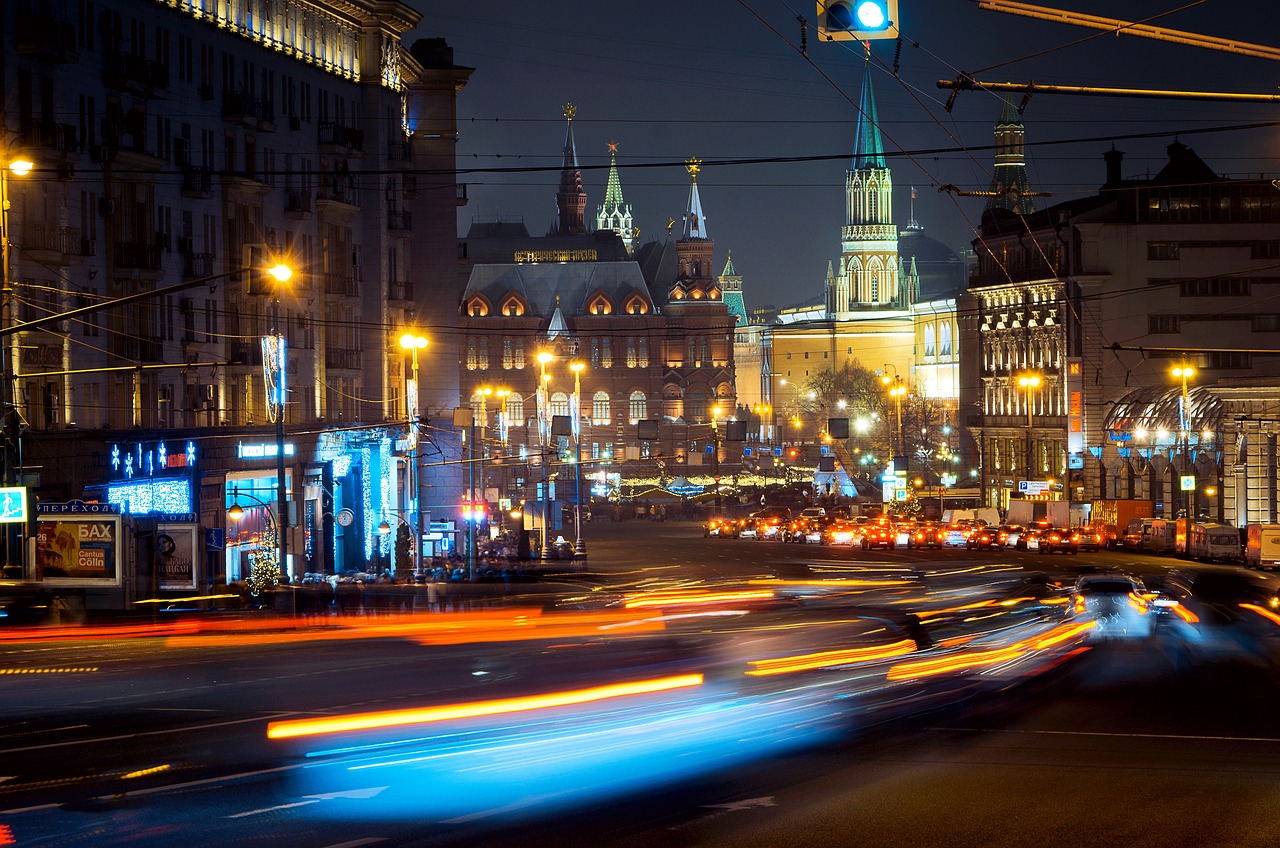Russia remains a central player in global geopolitics, with its policies and actions influencing nations far beyond its borders. From energy exports to international alliances, Russia’s strategies shape the political and economic dynamics of many regions. In this article, we’ll explore some key aspects of Russia’s position in the world, touching on its challenges and the impact of global sanctions.
Russia and International Sanctions
In recent years, Russia has faced a growing list of international sanctions due to its political and military actions. These sanctions, often implemented by Western nations, target various sectors of its economy, from energy and banking to technology exports. For a comprehensive view of the topic, visit Russia on sanctions.
Sanctions have significantly affected Russia’s economy, pushing the country to adopt countermeasures. These include diversifying trade partners, fostering domestic production, and leveraging resources like natural gas and oil to maintain economic resilience.
Key Effects of Sanctions on Russia
Economic Strain: Targeted sanctions have restricted access to Western financial markets and advanced technologies, limiting economic growth.
Shift in Trade Partners: Russia has increased cooperation with nations like China and India, aiming to reduce dependency on Western economies.
Energy Leverage: As a major exporter of natural gas and oil, Russia uses its energy supplies as a bargaining tool in global politics.
Russia’s Global Influence
Despite sanctions and international criticism, Russia continues to exert significant influence worldwide. It maintains strong ties with countries in the Middle East, Asia, and Africa, where its investments in energy, defense, and infrastructure projects deepen alliances.
Strategic Alliances
China: The Russia-China relationship has grown stronger through mutual economic interests and shared opposition to Western dominance.
Middle East: Russia’s role in conflicts like Syria showcases its ability to assert influence in volatile regions.
Africa: Russian involvement in mining and military partnerships has expanded its presence across the continent.
Domestic Challenges
While Russia’s external policies attract attention, its domestic challenges also play a critical role in shaping its strategies.
Economic Inequality: Disparities between urban centers and rural areas remain significant.
Demographics: A declining population and aging workforce threaten long-term economic stability.
Political Control: The Russian government tightly regulates media and dissent, but public dissatisfaction over economic stagnation has occasionally led to protests.
Energy as a Pillar of Russia’s Economy
Russia’s vast reserves of natural gas, oil, and other resources serve as the backbone of its economy. Its energy exports are not only a financial cornerstone but also a tool for geopolitical influence.
European Dependence: For years, Europe relied heavily on Russian gas, making energy a key factor in their diplomatic relationships.
Emerging Markets: With Europe reducing its reliance on Russian energy, Russia has shifted its focus to Asian markets, notably China and India.
Conclusion
Russia’s role in the global arena remains complex and multifaceted. International sanctions have undoubtedly impacted its economy and policies, but the country continues to adapt and assert its influence through strategic partnerships and resource management. Whether through energy exports or military alliances, Russia remains a pivotal force in global politics. Understanding these dynamics is crucial for policymakers, analysts, and anyone interested in international relations



